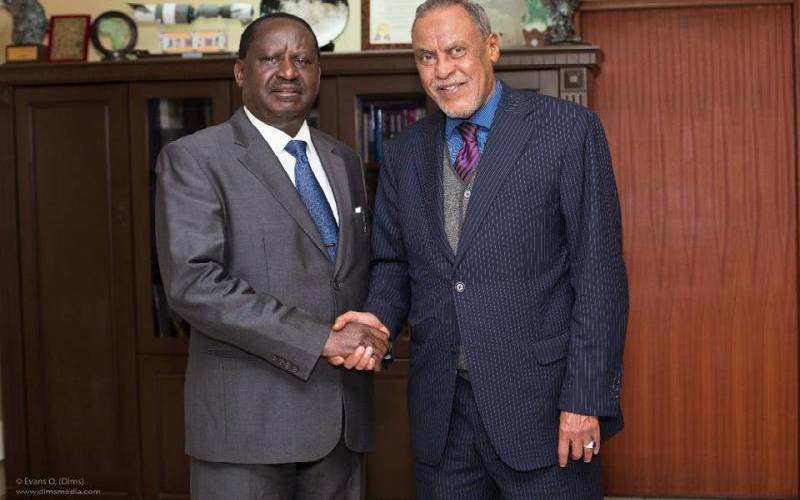×
The Standard e-Paper
Join Thousands Daily

The Building Bridges Initiative (BBI) task force has reached out to President Uhuru Kenyatta and Opposition Leader Raila Odinga for an extension of one month to iron out contentious issues that have slowed the movement.
The BBI Steering Committee was expected to present its report to Uhuru and Raila on Tuesday after the expiry of its mandate on June 30, but the issues of third tier level of government, the prime minister position and the composition of the Judicial Service Commission (JSC) remain contentious.